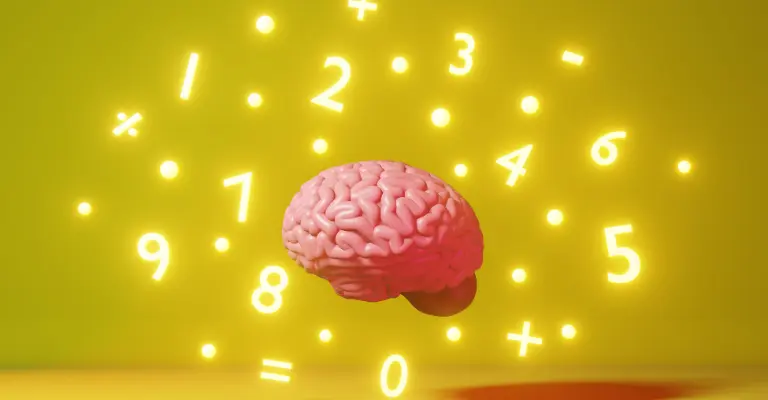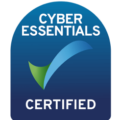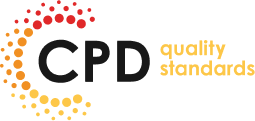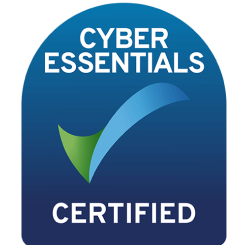Common Functional Skills Examples
Now, let’s look at how functional skills appear in daily life. These examples make it clear why they are so essential.
Everyday Scenarios Using Functional Skills
Math Example: You are at the grocery store. With a tight budget, you calculate the best deals and stay on track with what you can afford. That’s functional math at work.
English Example: Reading instructions on a medication bottle. You understand what dose to take and when. Functional English ensures safety and clarity.
ICT Example: Need to pay a bill online? Navigating websites, entering information, and making transactions all come down to ICT skills.
Workplace Scenarios Using Functional Skills
Math at Work: Say you are managing a small team’s budget. You calculate expenses, plan for upcoming costs, and make sure everything balances. Functional math helps you do this with confidence.
English in the Workplace: Writing a report, presenting findings, or even just understanding instructions from a supervisor. Functional English means clear, effective communication.
ICT on the Job: Setting up a presentation for a meeting? Creating spreadsheets to track data? ICT skills keep you organized, efficient, and ready to handle digital demands.


![]() 8 minutes
8 minutes






































